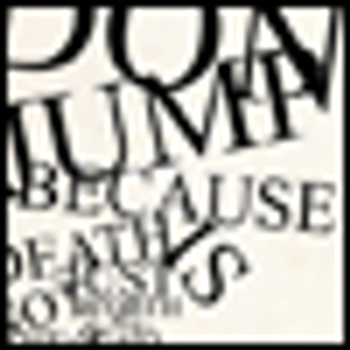
For the first time in its history, DSM-5 has shown some flexibility and capacity to correct itself. Hopefully, this is just the beginning of what will turn out to be a number of other necessary DSM-5 retreats.


For the first time in its history, DSM-5 has shown some flexibility and capacity to correct itself. Hopefully, this is just the beginning of what will turn out to be a number of other necessary DSM-5 retreats.

Staying empathic and keeping the conflict within the patient instead of between the patient and health care provider, is a key to successful management.

After seeing Death of a Salesman on Broadway, I knew I had seen something extraordinary-but it was only after a few days’ separation from the performance when my mind cleared and my emotions settled that I realized 2 of the reasons that made me very appreciative to see this play as a young psychiatrist.

The paradigm for modern psychiatry is evidence-based medicine (EBM)-it represents proven treatments for defined diagnoses. But there are major problems with this position, starting with the fact that while they are superior to placebo, evidence-based treatments too often are ineffective.

In a recent interview on 60 Minutes, Harvard psychologist Irving Kirsch, PhD, commented, “the difference between the effect of a placebo and the effect of an antidepressant is minimal for most people.”

Insight can be assessed in the course of a typical evaluation or follow-up interview with augmentation by questions borrowed from any of the validated insight rating scales.

We know that different people, cultures, and traditions all grieve differently. Yet it is ultimately our capacity for resilience that allows each of us to process the grief-inducing event in his or her own way.

When thinking about recent advances in psychopharmacology, we often point to new molecules with similar mechanisms of action but with better safety and tolerability profiles, or to molecules with novel mechanisms that effect positive change greater than that with existing treatments.

The diagnostic boundary between Major Depressive Disorder and Bipolar II Disorder is one of the most difficult and also one of the most important in psychiatry.

Here we list important points to keep in mind when assessing and treating patients who self harm.

Being a psychotherapist is a complicated job. Not only must you be knowledgeable about human behavior, psychodynamics, and various techniques of doing therapy, but you have to be prepared for unexpected dilemmas.

According to this week’s Time Magazine, the American Psychiatric Association has just recruited a new public relations spokesman who previously worked at the Department of Defense.

Of all the misconceived DSM-5 suggestions, the one touching the rawest public nerve is the proposed medicalization of normal grief into a mental disorder.

The responsibility for improvement was placed on psychiatrists: diagnostic skills had to be improved and patients and their families and caregivers as well as the general public needed to be better educated about the disorder and treatment options.

Three twin studies published between 1977 and 1995, which provided the main body of knowledge on heritability of autism, showed a concordance rate of 72% for a total of 36 monozygotic pairs and a concordance rate of 0% for 30 dizygotic pairs.

While SSRIs and SNRIs are valuable in the treatment of major depression, partial response or nonresponse occurs in many patients. Research has found that bupropion was the most frequently chosen agent for addition to an SSRI after inadequate response.

Effective, early intervention and appropriate support for and treatment of the caregivers of these vulnerable children will improve short-term outcomes and also may provide positive lifelong benefits.

Charles Dickens might well say of American psychiatry, “These are the best of times and the worst of times.”

Research is needed to define clinical biomarkers and genetic screens that could be used to identify early stages of dementia and to link clinical syndromes with the later development of dementia.

Dr Angell and others may be right to claim that we should be concerned about the current practice of psychiatry. But the simple fact that mental illnesses seem to be common is not one of them.

The New York Times ran a front-page story regarding numerous controversies surrounding the DSM-5, most notably, the issue of eliminating the so-called bereavement exclusion in diagnosing a major depressive episode. Here, Dr Pies responds to Dr John Grohol, Psychologist and Editor of the Psychcentral Web site.

In this podcast, Dr Helen Lavretsky discusses the topic of appropriate diagnosis of mild cognitive impairment. It will be increasingly important to strengthen the definitions of what is “normal” to avoid the “pathologizing” of aging or of any individuals who experience temporary or continuous cognitive impairment.

How often do insomnia and anxiety disorders coexist? And how best to treat patients with comorbid insomnia and anxiety? Answers here..

This essay is a brief update on an earlier Psychiatric Times article by Dr James Phelps. Several major studies have appeared since the publication of the original article, which shed further light on this issue.

The response of psychiatrists to Medicare’s continued inhospitability to psychiatrists in 2012 is cautious.